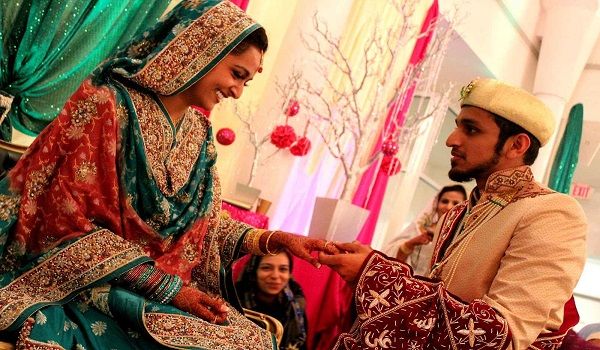The imam is a central figure in an Islamic wedding, especially in the Nikah ceremony, where the bride and the groom consent to a legalised union. This may include many responsibilities in compliance with the tenets of the Islamic faith. This wedding season, let us deep delve into the Muslim wedding culture and the role of the imam in it.
Who Is An Imam?
The term ‘imam’ means the religious leader of the Islamic community (ummah). An imam is also a man who leads Muslim prayer. But they also have the noble responsibility to serve people in general.
Imams are particularly esteemed individuals in society, and for this reason, people turn to them for consultation and advice concerning issues of life and faith. Imams are also involved in conducting the wedding ceremony of a Muslim couple.
Below are the roles that an imam plays in a Muslim wedding:
Officiating the Marriage Ceremony: The Imam presides over the Nikah ceremony, reciting some specific verses from the Qur’an and announcing the marriage contract. This act is motivated by Islamic law whereby the Prophet Muhammad advised the marriages to be declared publicly. The Imam also reminds the couple that marriage is not only a civil contract but rather a form of worship and completion of their faith.
Ensuring Compliance With Islamic Laws: The imam is supposed to perform the crucial duty of ascertaining that all essentials of a marriage are met. This involves ensuring the bride’s wali (guardian) and two witnesses following Sharia laws. The Imam then proceeds to question the bride and groom to certify if the marriage is being made willingly and without coercion.
Providing Counseling And Guidance: In addition to conducting the ceremony, Imams sometimes engage in counselling the couples before marriage. With this guidance, they get to know their rights and their responsibilities. The Imam can address topical issues such as communication, dealing with conflict, and financial matters in ways that are helpful once married.
Religious Education: Imams teach couples Islamic values and practices as they strive to establish a good marital bond. This education may consist of teachings regarding appropriate functioning as well as rights fulfilment, and the provision of a supportive environment to children.
Conflict Resolution: When there are differences between the couple, the imam can also assume the role of a mediator. He might help couples with their problems and operate under the principles of Shariah, which urges couples to try reconciliation before divorce. The Qur’an states that people should seek opinions from the leadership whereby the imam is viewed as a trusted advisor.
Conducting Additional Ceremonies: After Nikah, the bride and groom usually have a Walima, a wedding feast. This banquet is arranged by the groom’s side of the family. Although this celebration does not necessarily involve the imam in any way, he may be involved simply to bless the marriage ceremony or lead the congregation in prayer.


